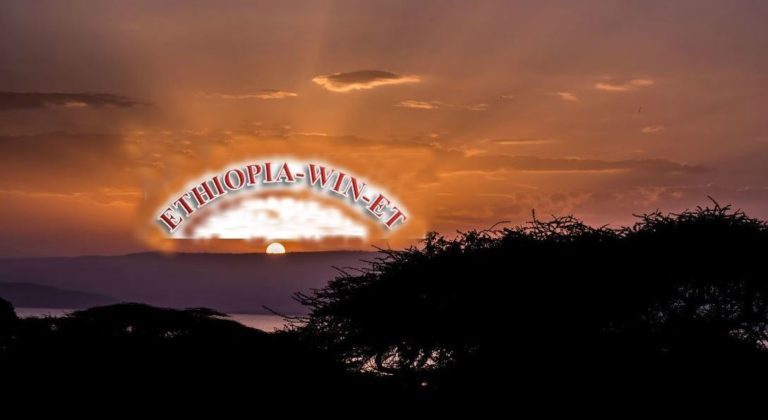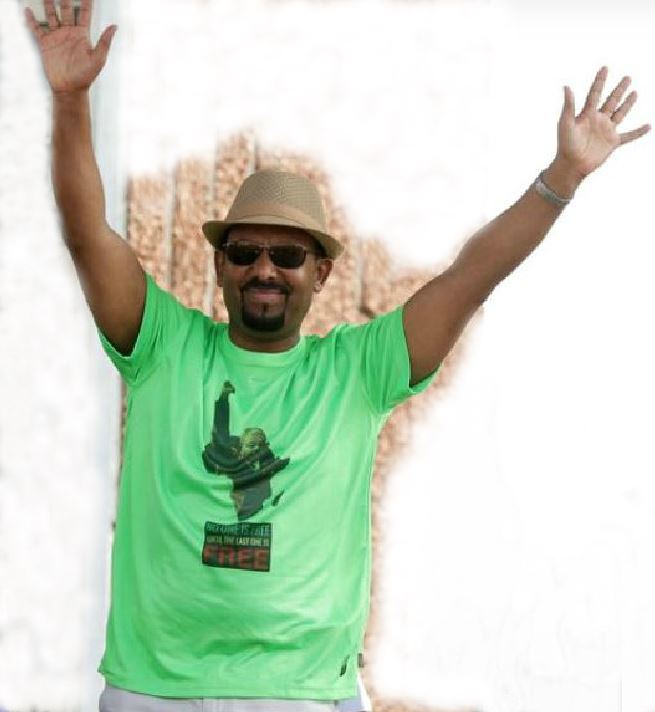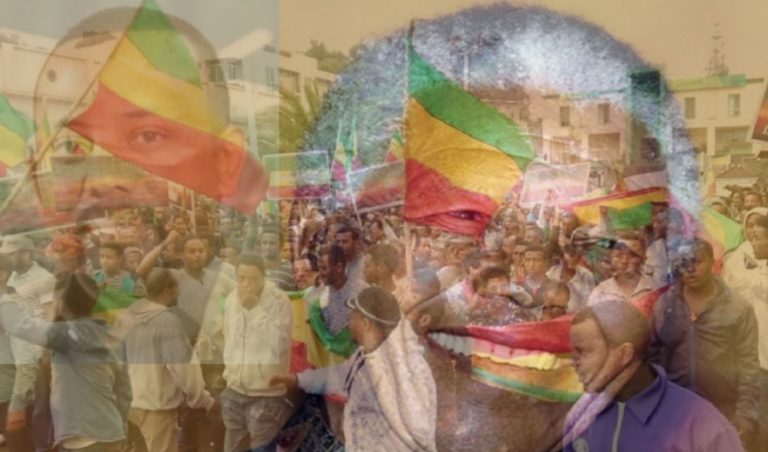Ethiopia: Listen to the voice!
Author’s Note: This post first appeared in Ethiomedia on April 7, 2008 as an “editorial” without a byline. (Ethioemdia Editor’s Note – Ethiomedia will offer periodic editorial commentary on the role of the press, media and the vital necessity of free expression in sustaining democratic dialogue in Ethiopia)
“The voice of the people is the voice of God,” goes the old saying. But for the past several years, the voice of the Ethiopian people has been silenced. Today, speaking is a state crime in Ethiopia. That is, speaking the truth. Speaking against corruption. Speaking against injustice and dictatorship. So is writing. That is, reporting the truth. Investigating allegations of official misconduct and abuse of power and publishing facts on them. Publishing critical information that holds government officials accountable is the worst sin of all. Journalists, reporters and publishers are persecuted as enemies of the state. Today, an iron curtain of information blackout is pulled over the entire country to shield the practitioners of corruption and abusers of power from public scrutiny.
Since the 2005 elections, scores of independent Ethiopian journalists have been imprisoned, and scores more forced into exile. The regime has secured monopoly control on all print and electronic media outlets. Numerous independent private newspapers and publications have been closed down, forced into insolvency or banned outright.
The recurrent waves of repression directed at the independent press in Ethiopia border on the obsessive-compulsive. It is not enough for the regime to stamp out all dissenting voices and alternative media outlets. It has found it necessary to disqualify and deny publication opportunity even to those journalists and publishers who are willing to kneel down before the altar of extreme government censorship, and submit to the most restrictive licensing requirements while exposing themselves to the high risk of trigger-happy prosecution under the most extreme forms of criminal libel laws.
As if domestic censorship is not enough, the regime has also found it necessary to restrict and block out international journalists and media outlets. Just in the past year, reporters from the New York Times have been threatened at gunpoint; and their counterparts in the Washington Post and the BBC have been harassed, denied accreditation or expelled for their critical reports on human rights violations. The regime has blocked websites which it considers unfriendly to it. Lately, the regime has even gone as far as jamming the airwaves to keep out Voice of America, Deutch Welle and others broadcasts from Ethiopia.
But why has the regime gone to such extremes to keep information from the Ethiopian people? Is it because everybody in the world is lying about them, and only they are telling the truth? Or is it because they can’t handle the truth, and so they must muzzle and gag everyone who speaks critically of them?
It is obvious that the regime can’t handle the truth! But the truth sits in plain view for everyone to see. The truth is that the massive repression of legitimate political opposition and dissent in the country can not be hidden by warehousing independent journalists behind bars. No amount of diplomatic mumbo-jumbo can hide the fact that the regime ranks at the top of the heap of the most wicked dictatorial regimes in the world. Statistical lies about economic growth and development do not hide the stark fact of daily existence: The overwhelming majority of the Ethiopian people find it nearly impossible to afford the most basic necessities of life such as teff, salt and berbere. The lack of basic medical care, high rates of HIV infections, the looming threat of famine and mass starvation (already a fact in the southern part of the country), a poor educational system, high youth unemployment and many other social and economic facts can not be hidden from the world by blinding the prying eyes of the independent press. Against this backdrop, it is equally plain for all to see that a small group of individuals are filthy rich, and those in bed with the regime have a chokehold monopoly on critical sectors of the economy.
If the truth is in plain sight and irrefutable, why is there so much repression? To answer this, we must appreciate the nature of information control, suppression of dissent and abuse of the independent private media in all dictatorships. Nazi propaganda minister Joseph Gobbels once observed that if a government could eliminate all opposition voices and repeat its own lies enough times, the people will have no choice but to believe those lies. The logic is the same with the regime in power in Ethiopia today: Crush all dissenting voices and political opposition, ban the independent private press, and over time the people will have no choice but to believe in the regime’s “true lies”. But in the global village, lies and the liars who tell them have no place to hide. No iron curtain of information blackout is dense enough to keep the plain truth in, or ideas whose time has come, out. Information travels at the speed of light, and governments and their naked lies are soon exposed for the whole world to see. Such is the dilemma of the regime.
The regime seems to believe that by incapacitating independent journalists, imprisoning and jailing them, denying them permits and harassing and prosecuting them, it can hide the truth and fool the people. That is self-deception. Though the private independent press in the country is decimated, a handful of dedicated journalists, reporters and publishers keep struggling to expose the truth. In the Diaspora, a dedicated group of web editors, bloggers, radio and television journalists and talk show hosts and other commentators toil daily to reveal to the world the crimes and depravity the regime. They are now the defiant and irrepressible voices of the people. And they speak of the pain, suffering and heartaches of the suffering masses. The people of Ethiopia have indeed been silenced, but they are not voiceless.
The regime may be able to silence some of the people all of the time, and all of the people some of the time. But it can not silence all of the people all of the time. We believe the voice of the people is truly the voice of God. Neither the people nor truth can be silenced forever, as James Russell Lowell poetically penned:
Truth forever on the scaffold,
Wrong forever on the throne,
Yet that scaffold sways the future,
And, behind the dim unknown,
Standeth God within the shadow,
Keeping watch above his own.
Listen to the Voice!




